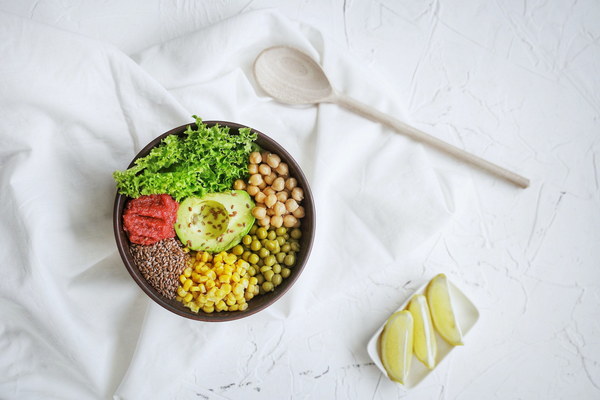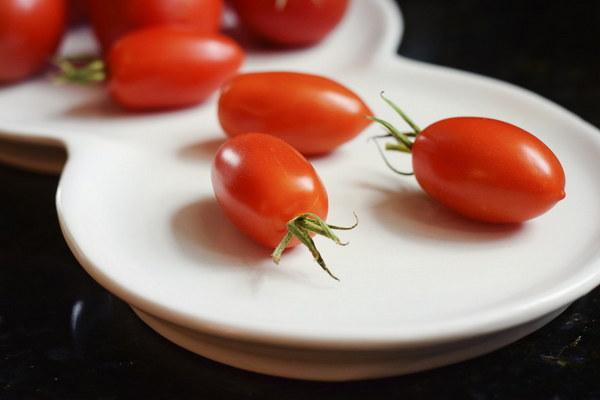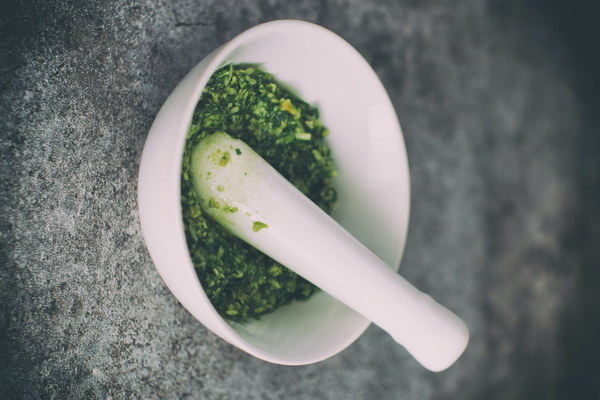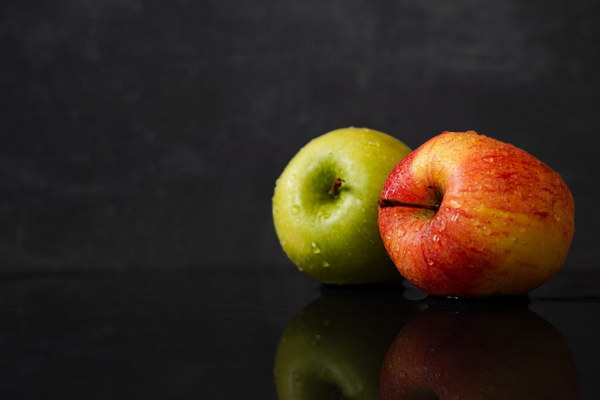Revitalize Your Body with Traditional Chinese Medicine The Power of Tonifying Qi and Blood, Expelling Cold, and Regulating Menstruation
In the realm of traditional Chinese medicine (TCM), the concept of balancing the body's vital energy, or Qi, and blood, is fundamental to overall health. One such practice that aims to achieve this balance is the use of herbal remedies and dietary adjustments to tonify Qi and blood, expel cold, and regulate menstruation. This article delves into the intricacies of this therapeutic approach and explores its benefits for those seeking to enhance their well-being.
Understanding Qi and Blood in TCM
In TCM, Qi is the life force that flows throughout the body, providing energy and sustenance to all organs and tissues. Blood, on the other hand, is responsible for nourishing the body's tissues, maintaining warmth, and supporting the immune system. When Qi and blood are abundant and flowing smoothly, one experiences good health and vitality.
However, when Qi and blood are deficient, a person may experience a range of symptoms, including fatigue, weakness, cold limbs, anemia, and irregular menstrual cycles. To address these issues, TCM practitioners often recommend a combination of herbal treatments, dietary changes, and lifestyle adjustments aimed at tonifying Qi and blood, expelling cold, and regulating menstruation.
Herbal Remedies for Tonifying Qi and Blood
One of the most common herbal formulas used in TCM to tonify Qi and blood is the Four Substances (Si Wu Tang). This traditional formula consists of four key herbs:
1. Angelica sinensis (Dang Gui): Known as female ginseng, this herb is highly regarded for its ability to nourish blood, regulate menstruation, and relieve pain.
2. Rehmannia glutinosa (Shu Di Huang): This herb is used to nourish the liver, kidney, and blood, and to help alleviate weakness and fatigue.
3. Paeonia lactiflora (Bai Shao): Also known as white peony root, this herb is commonly used to regulate menstruation, alleviate pain, and nourish blood.
4. Ligusticum chuanxiong (Chuan Xiong): This herb is used to improve blood circulation, alleviate pain, and support the liver.
Other herbal remedies that may be prescribed to tonify Qi and blood include:
- Astragalus (Huang Qi): Known for its immune-boosting properties and ability to support overall energy levels.

- Codonopsis pilosula (Dang Shen): This herb is used to tonify Qi, improve digestion, and support the immune system.
- Panax ginseng (Ren Shen): Known as the king of herbs, Panax ginseng is used to boost energy, enhance cognitive function, and support the immune system.
Dietary Changes for Tonifying Qi and Blood
In addition to herbal remedies, dietary changes can play a significant role in tonifying Qi and blood. Here are some recommendations:
- Include iron-rich foods such as red meat, poultry, fish, beans, and lentils in your diet to support healthy blood production.
- Consume foods rich in vitamin C, such as oranges, strawberries, and bell peppers, to aid iron absorption.
- Incorporate foods with high levels of vitamin B12, such as eggs, dairy products, and fortified cereals, to support red blood cell formation.
- Eat a balanced diet that includes plenty of fruits, vegetables, whole grains, and lean proteins to provide essential nutrients for overall health.
- Avoid excessive cold and raw foods, as they can lead to internal cold and exacerbate Qi and blood deficiencies.
Expelling Cold and Regulating Menstruation
In TCM, cold is considered a common cause of menstrual irregularities and other health issues. To expel cold, TCM practitioners may recommend herbal remedies such as:
- Cinnamon (Rou Gui): Known for its warming properties, cinnamon is often used to expel cold and support the circulation of Qi and blood.
- Angelica dahurica (Bai Zhi): This herb is used to expel cold, relieve pain, and improve circulation.
- Cyperus rotundus (Xiang Fu): This herb is commonly used to regulate menstruation and alleviate pain associated with menstrual cramps.
Regulating Menstruation with Acupuncture and Cupping
In addition to herbal remedies and dietary changes, acupuncture and cupping are two other TCM practices that can help regulate menstruation and expel cold. Acupuncture involves inserting fine needles into specific points on the body to stimulate Qi flow and promote healing. Cupping, on the other hand, involves placing cups on the skin to create suction, which can help improve circulation and relieve muscle tension.
Conclusion
By tonifying Qi and blood, expelling cold, and regulating menstruation, traditional Chinese medicine offers a holistic approach to enhancing overall health and well-being. Whether through herbal remedies, dietary changes, or complementary therapies









